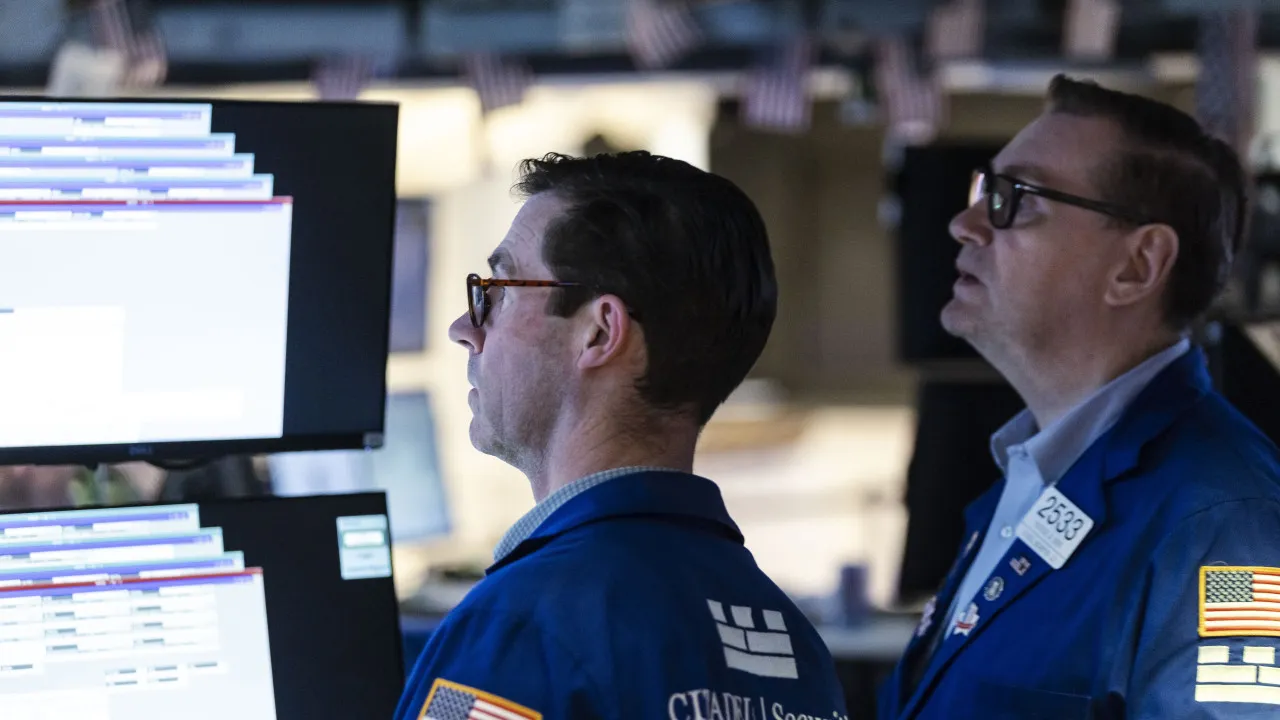
The trading session results show the Dow Jones Industrial Average rose by 0.89%, the tech-heavy Nasdaq climbed 0.94%, and the broad S&P 500 increased by 0.96%.
“The dominant storyline in the stock market has been centered around the Israeli-Iranian conflict,” commented Patrick O’Hare of Briefing.com to AFP.
Following a weekend of U.S. attacks on Iran, Wall Street began the week with slight gains.
“But when it was revealed that Iran had warned the U.S. authorities of an imminent attack, that their missiles were intercepted, and that there were no deaths or injuries at the base in Qatar, investors felt relieved,” emphasized O’Hare.
The strongest reaction was in the oil sector, with West Texas Intermediate and Brent prices, the two market benchmarks, falling by over seven percent, returning to levels before the initial Israeli attacks on Iran on June 13.
A drop in oil prices is generally regarded as positive economically, as it reduces production and transportation costs.
“Ultimately, investors concluded that Iran’s response was relatively mild, which also led them to believe there would not be an escalation with the U.S.,” stated Patrick O’Hare.
Focused on this geopolitical de-escalation, Wall Street reacted optimistically to comments from Federal Reserve Governor Michelle Bowman, “who stated she could support an interest rate cut in July if inflationary pressures remained contained,” O’Hare added.
On Friday, another Fed member, Christopher Waller, had also suggested a possible rate cut in July.
These statements come as most analysts anticipate the Fed would lower its benchmark interest rate only in September, according to the CME’s FedWatch barometer of such analyses.




